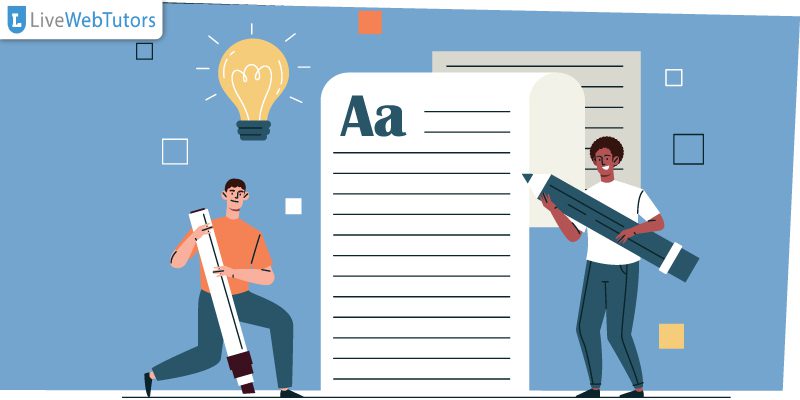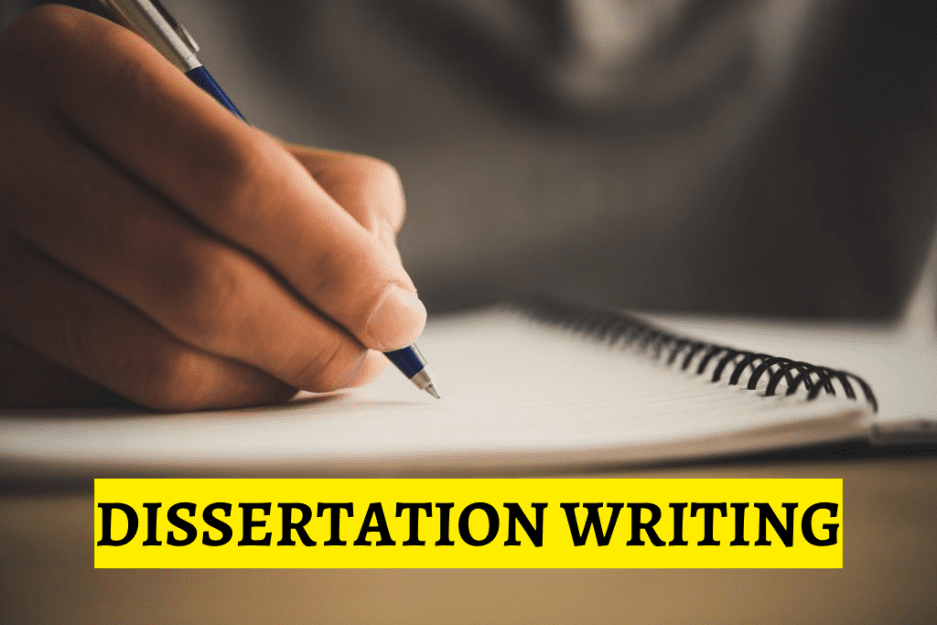Wrapping Up Your Dissertation—7 Tips by UK’s Prime Dissertation Service

Many students reach out to our PHD dissertation help to request assistance with their paper conclusion. And while our experts are always happy to help, they also want you to be self-sufficient so you can complete your tasks without any external assistance.
So here is a guide by our dissertation conclusion writing services to help you wrap up your research in a way that leaves a lasting impression.
Check out the tips below:
1. Identify if Your Dissertation Needs a Full Conclusion or Not
Every discipline and topic will follow different requirements based on the research type and the subject niche. For example, if your paper involves a lot of mathematical or analytical work, it’s possible you may not need a long conclusion. You can even merge it with the discussion section. However, this depends on your university guidelines. Talk to your professor to get clarity on this, and make sure you’re not breaking any regulations when choosing the format of your final chapter.
2. Follow University Guidelines and Begin with a Good Introduction
As we mentioned, you need to follow your institute’s guidelines about word count and other areas. Check your guidelines carefully so you’re not missing out on anything. And then begin with an introduction. Yes, even your conclusion needs a strong opening. A small paragraph or two outlining what you will discuss in this chapter will be more than enough.
3. Review Samples
A conclusion sample will help you get a good look at what your final document should look like. In addition, the library at your university would house dissertations from previous students, so you can check them out. You can also ask your professor for recommendations. This will also help you understand how to meet the official guidelines.
However, if these old dissertations don’t seem to work for you, there is always the option to get custom samples from dissertation conclusion writing services. These academic companies will discuss what you are looking for, and their experts will craft an impeccable conclusion for you to learn from.
4. Don’t Add New Information
Your conclusion chapter should be the pretty bow that ties up your dissertation. It should NOT be the place to introduce new information or results. Doing this fails the purpose of a conclusion. Imagine having a full-course meal and waiting for dessert, only to find you’re being served another main course, instead. This would ruin your experience, right? It’s the same with your final chapter. It should be a synthesis of the information you’ve already discussed. This way, the reader leaves with something they will remember.
So, make sure you avoid adding any new details to the mix when compiling your conclusion. And if you get in trouble, like falling short of the recommended word count, you can always ask for help from reliable dissertation services in the UK.
5. Discuss the Findings Only In Light of Your Research Questions
Alright, mates, this is an important one. Our experts have seen this mistake numerous times when students bring the rough draft of their dissertation to us. They simply list down the findings as is. The most they may do is rephrase or summarise what they covered in the results chapter. Sadly, this isn’t going to cut it. If you’re only repeating yourself in the conclusion section, you’re wasting words. So, what should you do?
The answer is simple: brief the reader about the results of your research in light of the research questions you posed at the beginning of the dissertation. This will give context to your message, and you won’t sound like a broken record on paper.
6. Don’t be Arrogant
While it is okay to give your opinion in the conclusion section, it’s another thing to present your case as the solution to all problems in your research area. This gives an arrogant vibe to your paper, and you don’t want to end on this note.
Remember, no matter how clear your findings may be about a certain area, you can never say it “disproves” existing research. This is because your study may have its limitations, and something is rarely “disproven” by a single paper. There needs to be ample evidence from multiple studies before that can happen. So, avoid using such language and be humble. However, this doesn’t mean you can skip making inferences about what the data shows. Just do it in a neutral way. For example, you can start sentences with something like, “the findings point to…” or “the results indicate…”.
7. Write the Conclusion After the Introduction
All the professionals at our dissertation services agree on the subject of writing an introduction and conclusion last. However, an extension of this advice is to write the intro right after you’re done with all the sections and leave the ending for last.
Why is this important?
Well, your introduction serves as a guide for readers who don’t yet know the full details of your research. Your conclusion, on the other hand, links the questions you posed with the results and provides clarity to your work.
These sections are two sides of the same coin, so make sure you bring your research full circle in the conclusion section.
8. Edit Your Work
This step is often overlooked by students. They focus so much on the main content they forget about the final words. Remember, this is where you leave your reader with an impression that will stay. And having a typo or any other grammatical error will ruin all the hard work you’ve done. So, edit your work thoroughly.
If you’ve been working at a stretch, it’s better to set aside your file for a day or two and come back with a fresh eye. This will help you read through your document more objectively, and you will be able to find issues you may have missed before.
9. Get Professional Assistance if You’re Stuck
Now, if you don’t have the time and your dissertation is due soon, you may need external assistance. In this case, you can search for dissertation conclusion writing services online and take your pick. However, when making the decision, verify that the company you choose is trustworthy.
If this list helps you out, you can talk to the experts at Online Dissertation Help for more support. They will be glad to lend you a hand.




